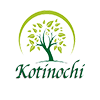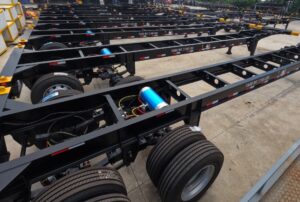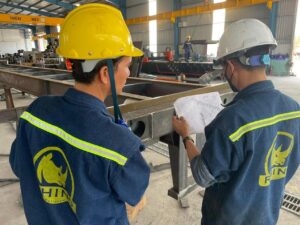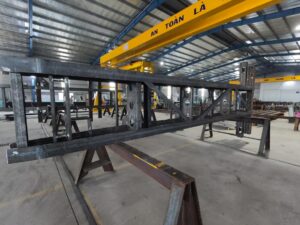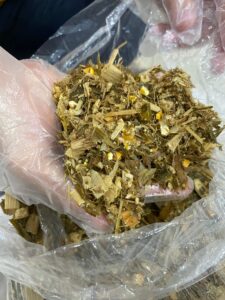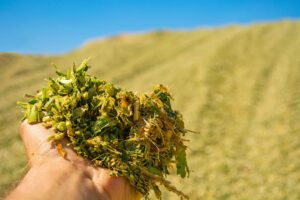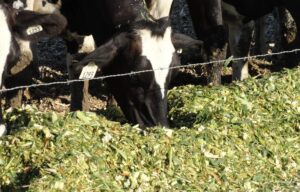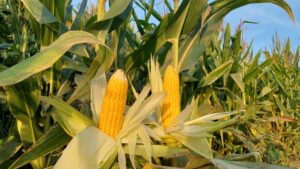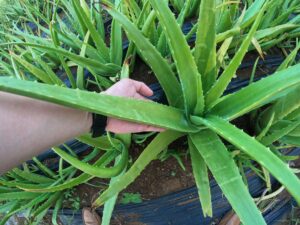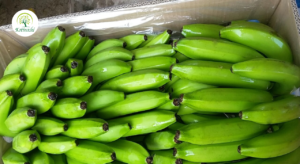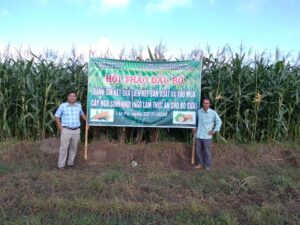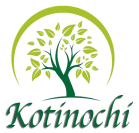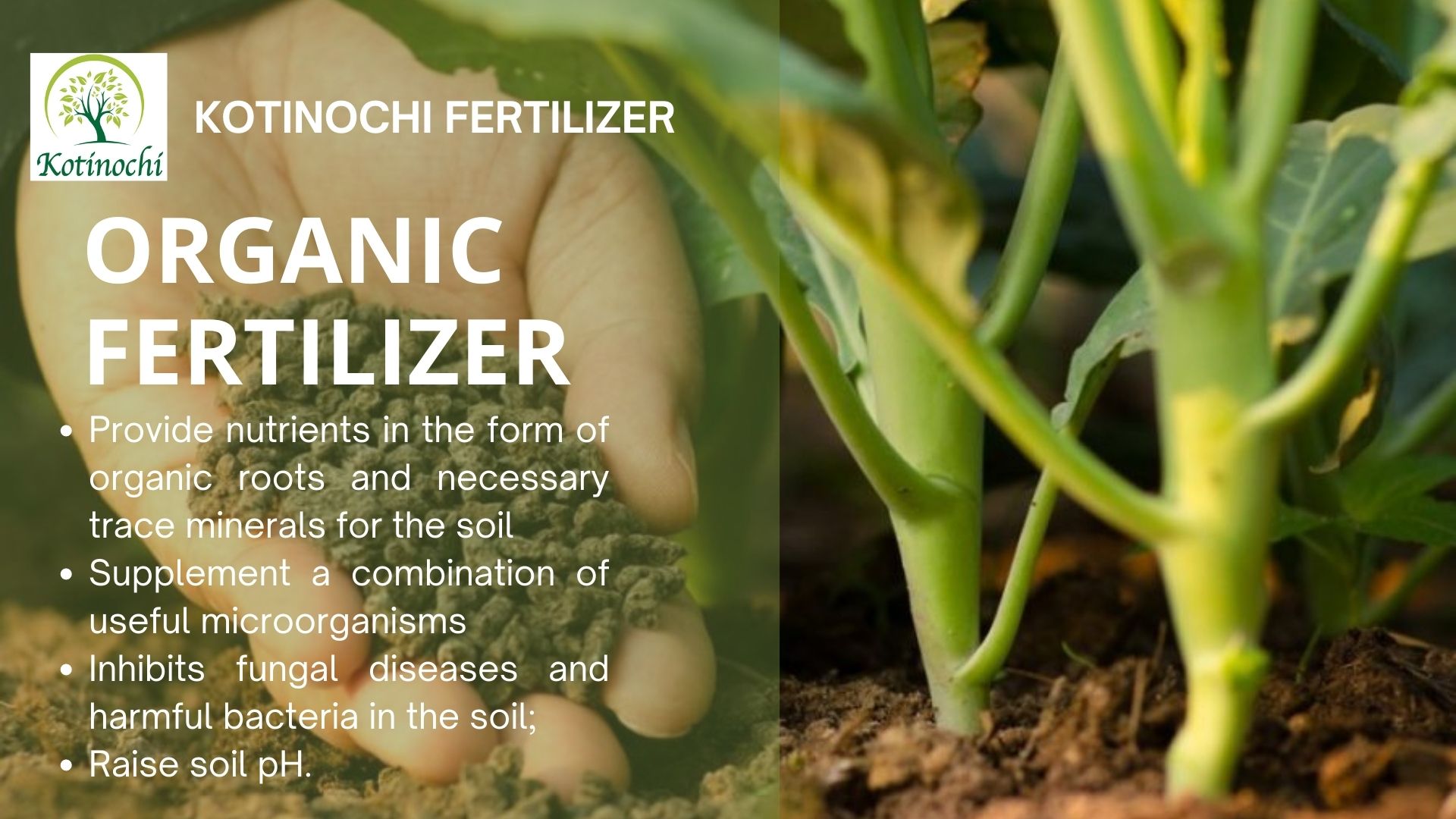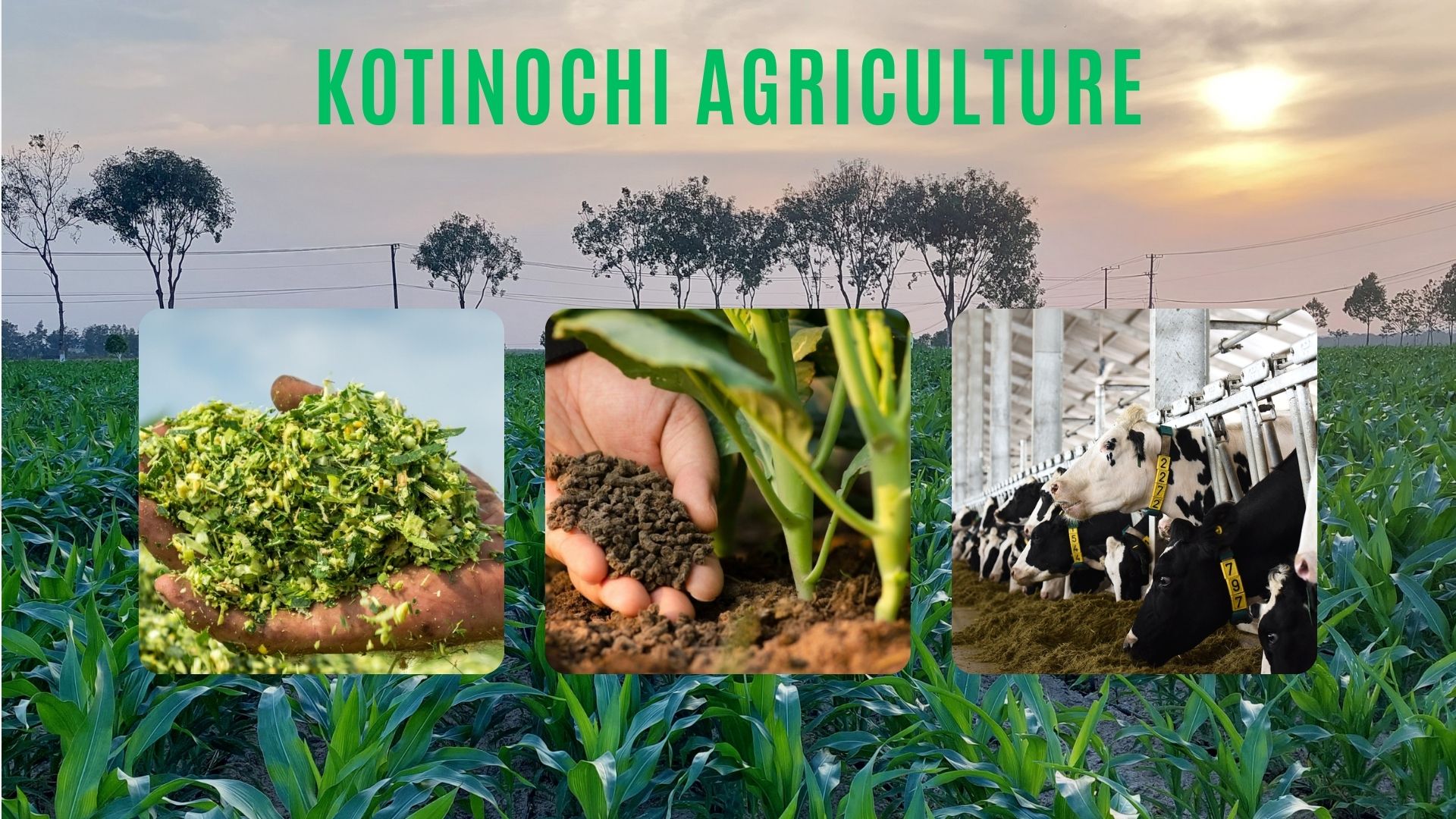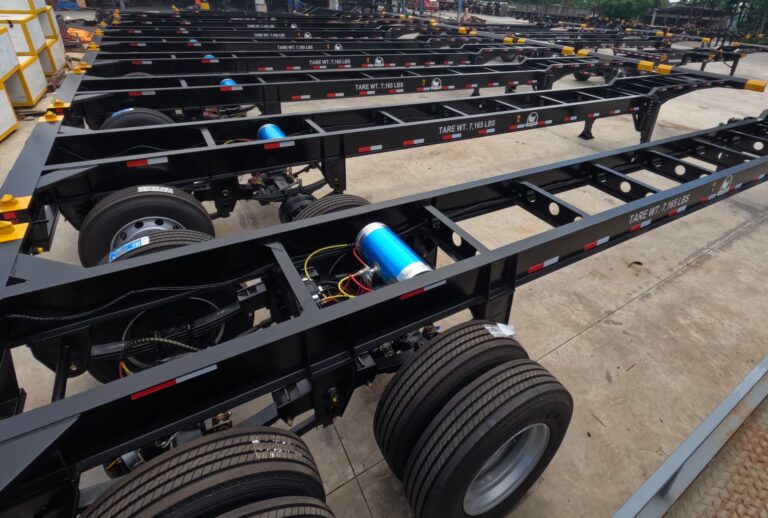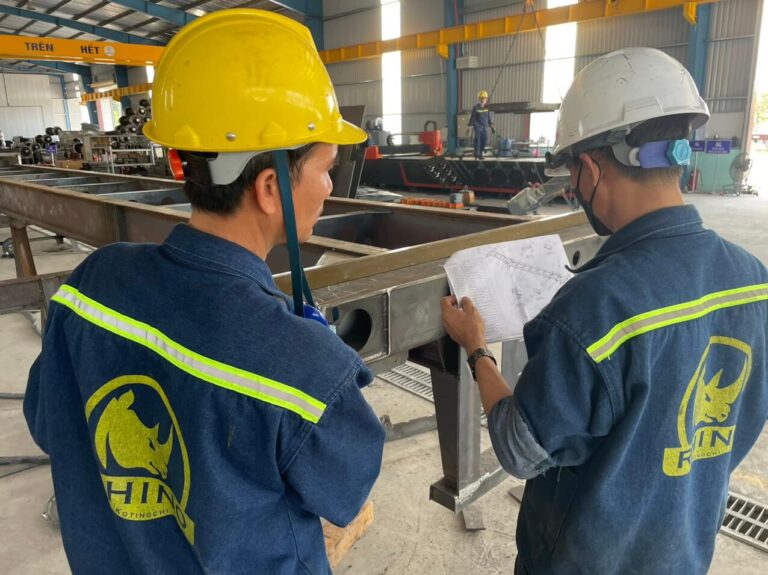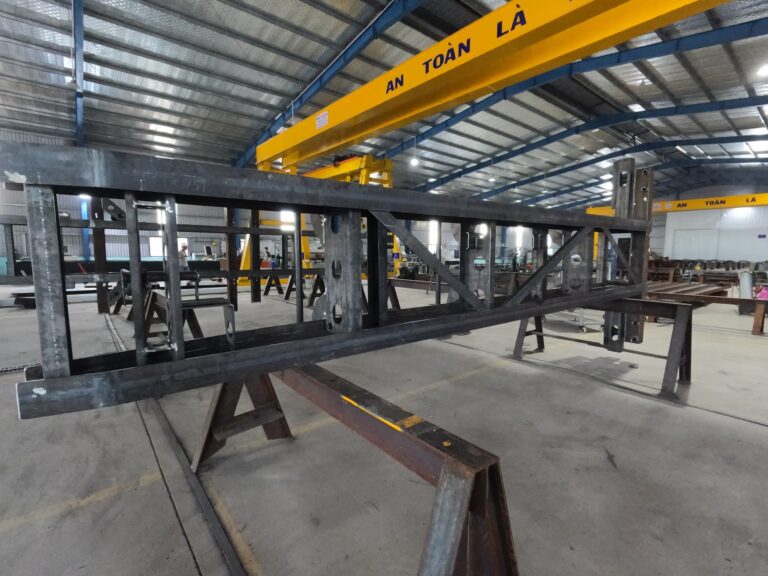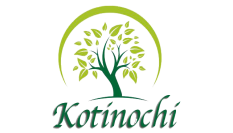More and more genetically modified foods are being sold in the market. However, many consumers still do not really understand about genetically modified foods and their health effects. In livestock, genetically modified feed is more and more popular in the current period due to the scarcity of feed supply, causing high input prices, forcing the livestock industry to import genetically modified feed with high yield. and lower prices.
WHAT IS GMO?
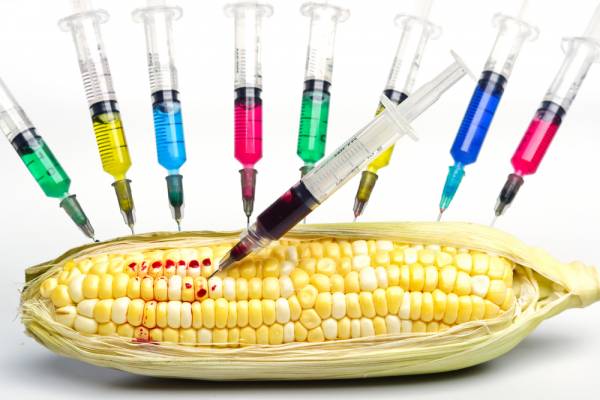
GMO, or genetically modified organism, is a plant, animal, microorganism or other organism whose genetic makeup has been modified in the laboratory by genetic engineering or transgenic technology. This creates combinations of plant, animal, bacterial and viral genes that do not occur in nature or through traditional hybridization methods.
IMPACT OF GMO FOODS ON OUR HEALTH
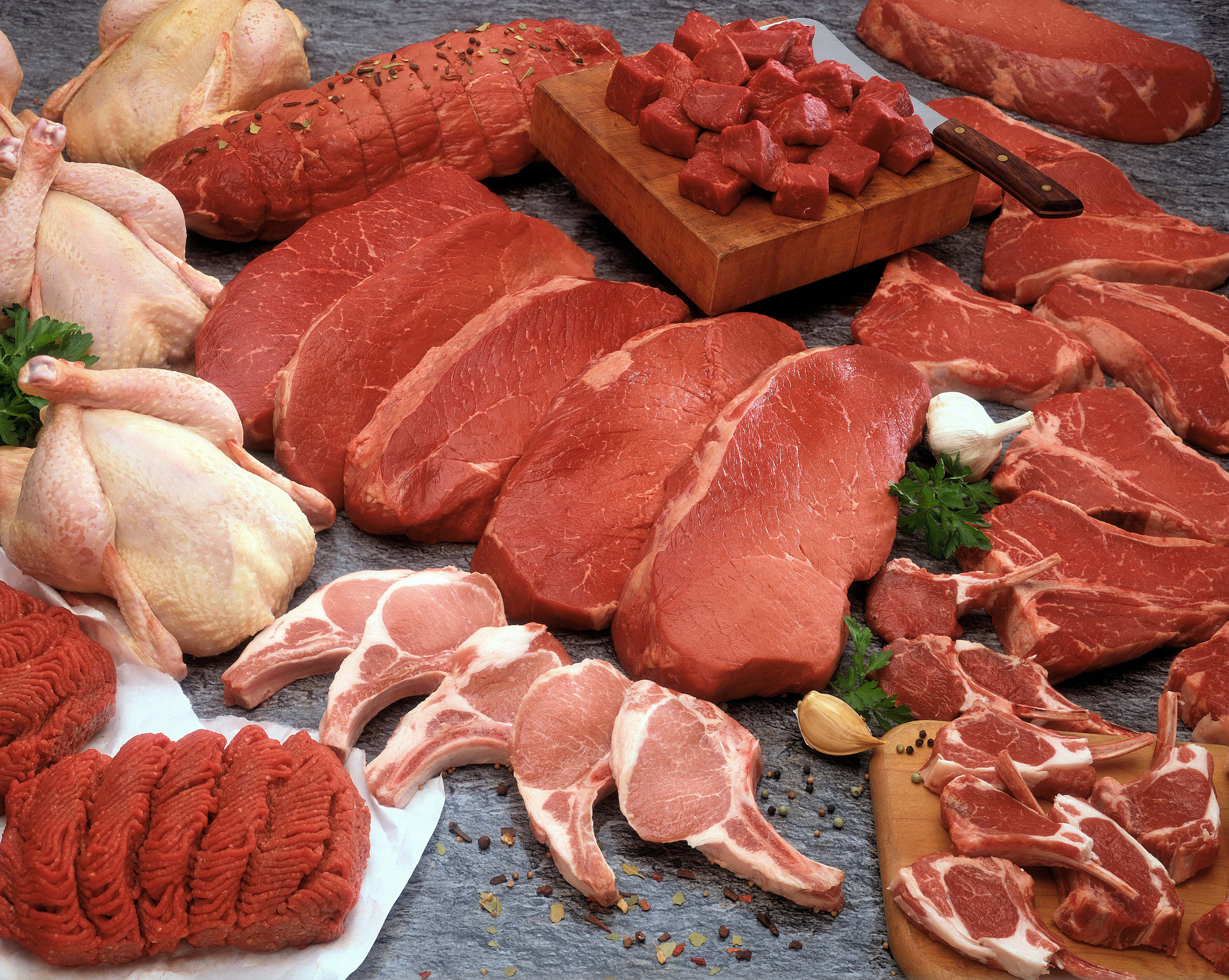
Genetic modification affects the foods we eat every day. Many researchers have similar concerns about some of the health risks associated with eating genetically modified foods, including the possibility of allergies, antibiotic resistance, and the occurrence of disease. cancer or worry about harming the environment due to the risk of altering the ecosystem.
However, most of these concerns still need to be studied and clearly evidenced. In fact, there is no possibility of toxicity in GM foods, because conventional crops and GM crops differ only in the genes that determine the desired gene. The amount of natural toxins (if any) existing in conventional crops will also be present in GM crops.
GMO ORIGIN ANIMAL FEED
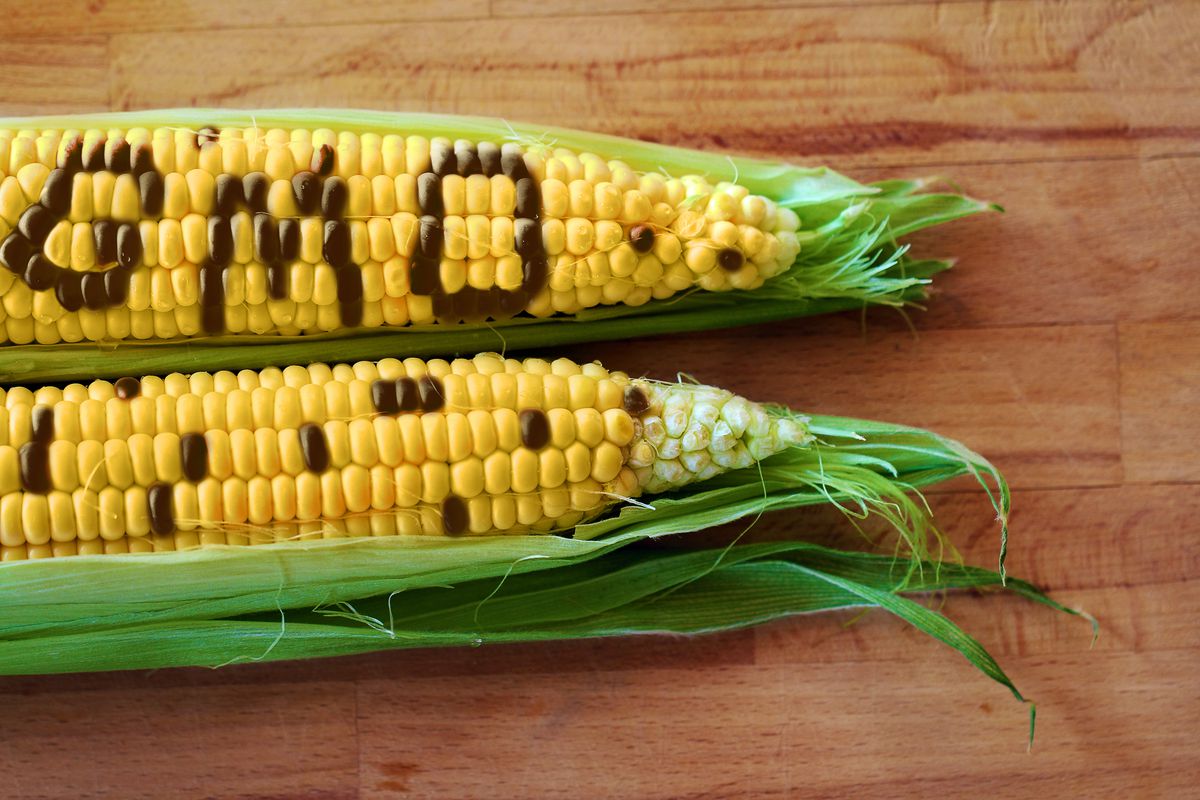
According to the assessment from the Non-GMO Project, the main feed input crops, including corn, soybeans and alfalfa, all belong to the group of high risk of genetic variation. This means that the inputs are derived from, or contain derivatives of, or are produced through a process involving organisms known to be genetically modified and commercially available. .
Animal meat from livestock/poultry fed GM feed is also considered GM food. In terms of safety, there is still not enough evidence to draw conclusions that genetically modified foods are safe for human health? So the right to decide whether to use or not depends entirely on the consumer.
SUPPLY OF NON-GMO CORN SILAGE FOR COW FEED
To save and take advantage of available materials, farmers can use corn stalks after taking the seeds to silage as feed for cows. However, the demand for feed of cows is relatively large and the source of feed using by-products in the field (corn stalks) of farmers is almost unable to meet the needs of cows.
In this case, farmers and ranchers can choose silage suppliers who are enterprises in Vietnam.
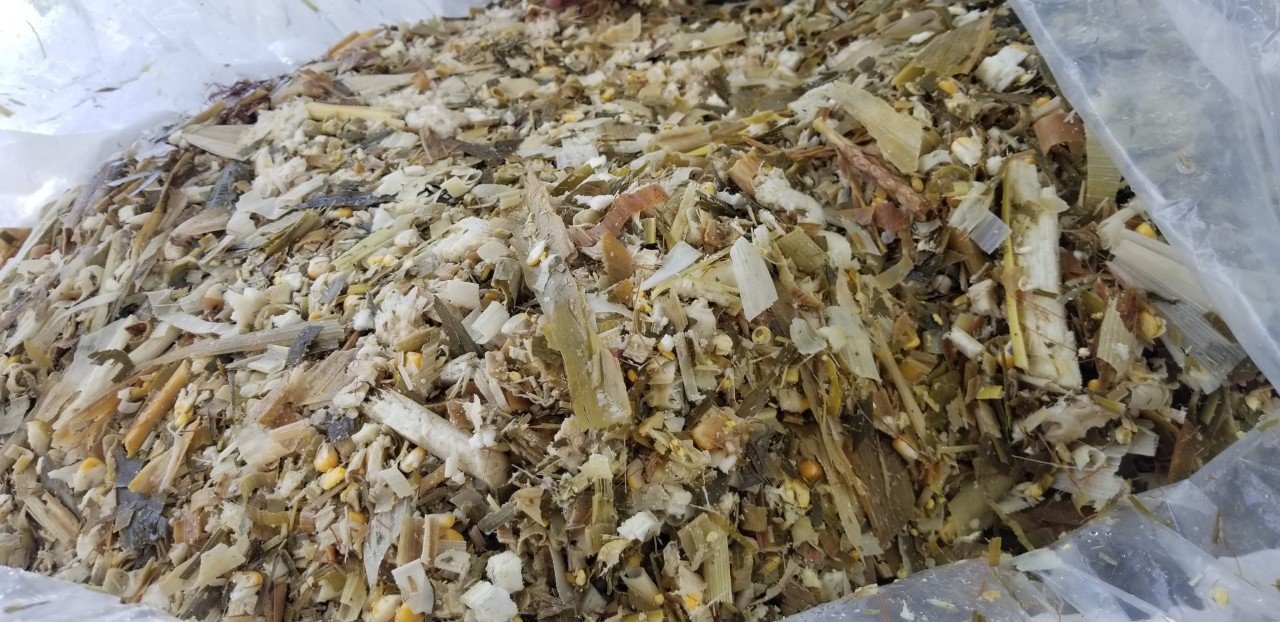
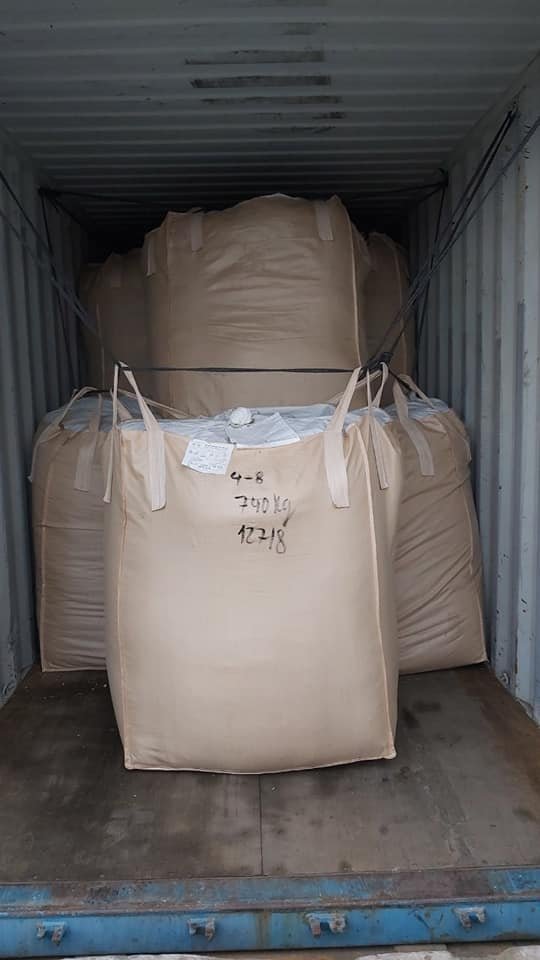
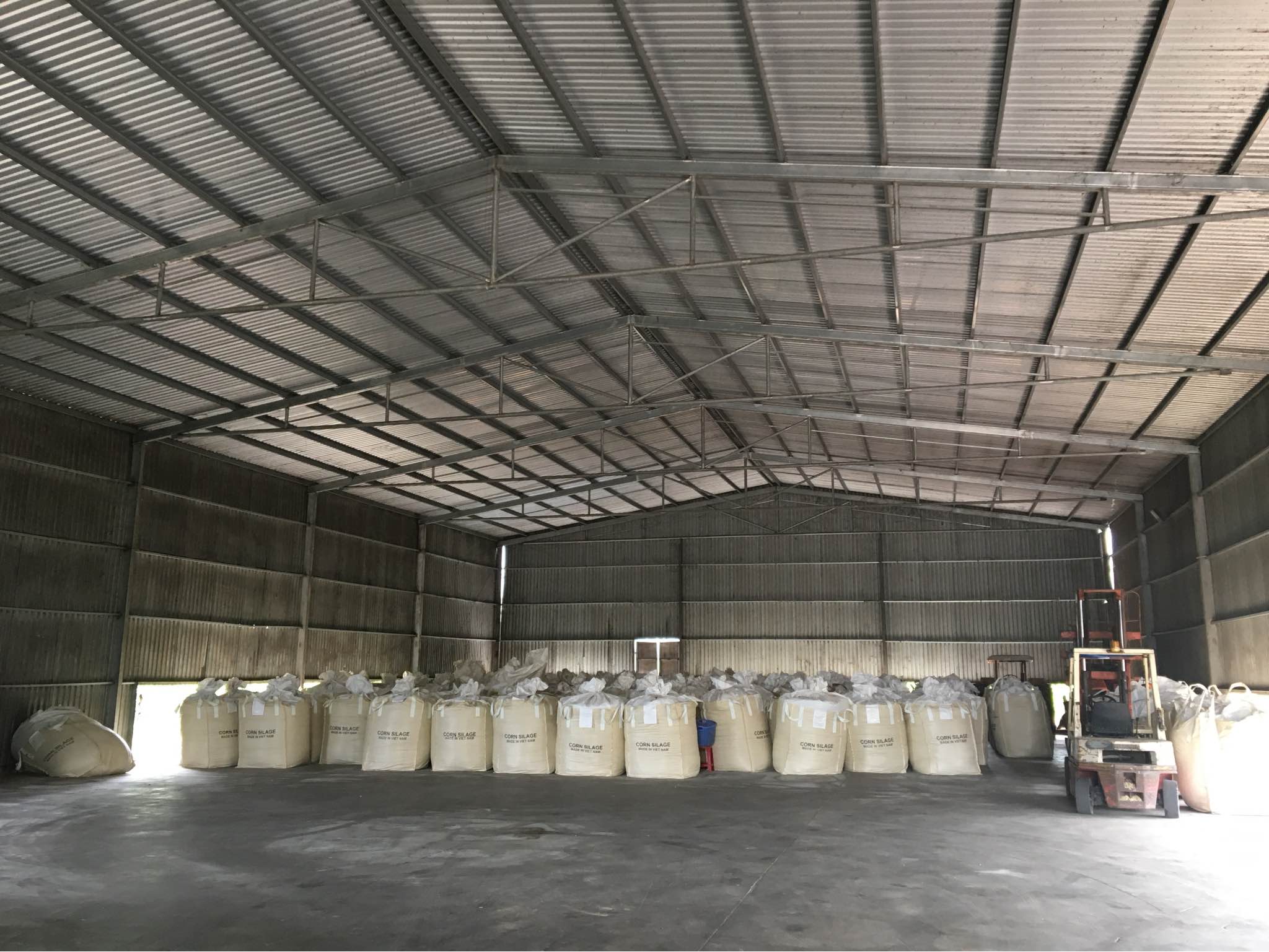
Kotinochi’s corn silage and silage products (Source: Kotinochi)
Kotinochi Joint Stock Company is promoting the deployment of corn growing areas and the production and distribution of corn silage nationwide. Kotinochi’s silage corn products are qualified for export to the Japanese market with the following distinctive features:
- 100% product made from Non-GMO ingredients. Kotinochi controls the production process from planting to delivery;
- Dry compound density (DM) of the finished product is at least 29%;
- 100% organic, environmentally friendly products. Kotinochi prioritizes growing areas using organic fertilizers and using biological products as pesticides;
- Raw corn is silage with yeast imported from Austria (Bon Silage) to help reduce the incubation time and increase the storage time;
- Finished products are packed in vacuum sealed packaging, extending the storage time up to 18 months.
